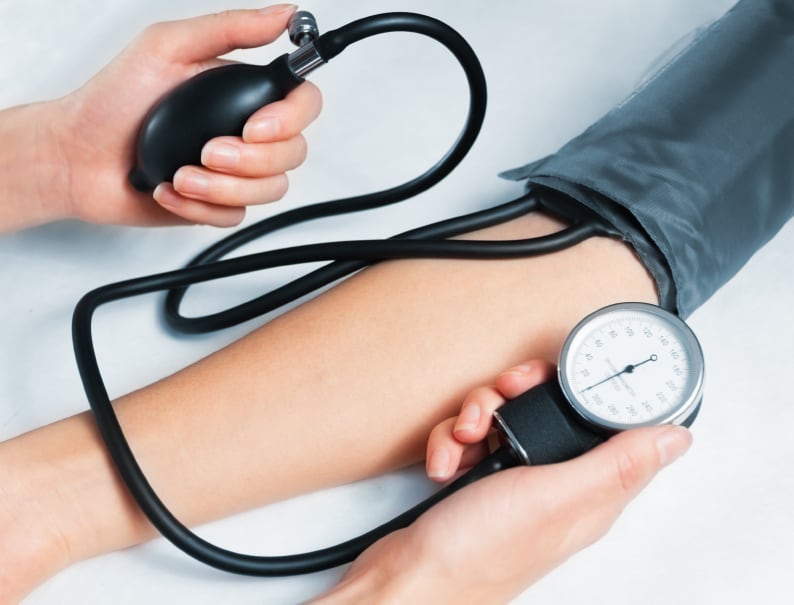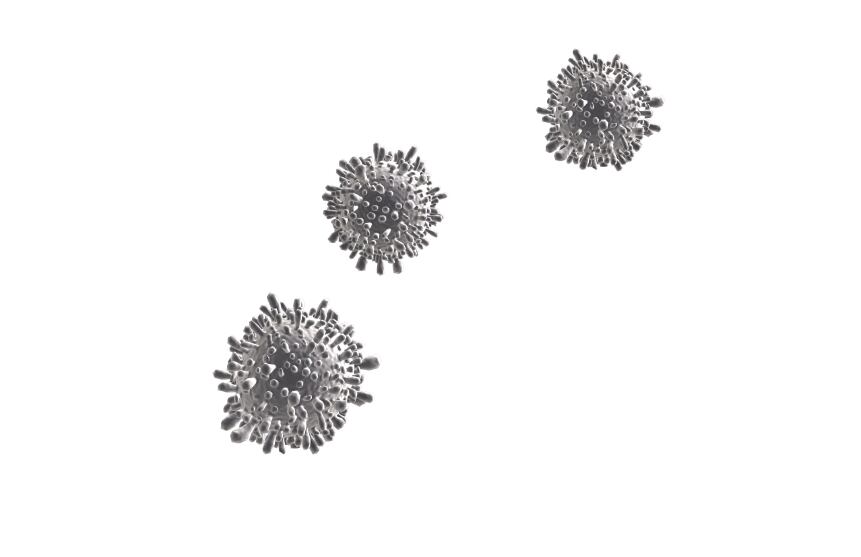Results from this randomised controlled trial (RCT) found that daily doses of fish oil as low as 0.7 g per day show reductions in BP, which, on a wider scale, could lower cardiovascular disease risk.
Current EU dietary guidelines typically recommend a minimum intake of the omega–3 forms eicosapentaenoic Acid (EPA) and docosahexaenoic Acid (DHA) of 0.5 g/d for healthy individuals, increasing to 1 g/d for those with diagnosed cardiovascular disease (CVD).
In the UK, around 30% of adults have high BP. Approximately 50% of men and 30% of women remain untreated. The prevalence of hypertension in European countries ranges between 28% and 44%.
The study adds to research that explores the impact of intakes of EPA and DHA up to 2 g/d, and in particular in the 0.5–1.0 g/d range. The bulk of published RCTs have established the efficacy of EPA and DHA using daily doses of more than 3 g/d.
To put these values into perspective, a 3-ounce serving of Atlantic farmed salmon contains about 2 g of omega-3s.
Study details

A research team led by Dr Anne Marie Minihane from the University of East Anglia enrolled 312 healthy men and women aged between 20 and 70 years.
They were asked to consume either control oil supplements made from palm oil and soybean oil or supplements providing 0.7 or 1.8 grams of omega-3s each for eight weeks.
At the beginning and end of each study period, blood pressure was assessed along with other markers of cardiovascular health.
The researchers also investigated whether a person's response to treatment depended on genotype, baseline omega-3 status, or whether they were male or female.
Results indicated that consuming fish oil supplements reduced systolic blood pressure (SBP), but only in participants who had systolic hypertension (SHT) at the beginning of the study. Both doses of fish oil were found to be effective.
“Our main finding is that intakes of EPA+DHA, achievable through the consumption of 2–3 portions of oily fish/wk or 2 [fish oil] capsules/d, reduced SBP by 5 mm Hg in those with SHT. Such a reduction in BP would be associated with roughly a 20% reduction in CVD risk in middle age,” the study’s authors stated.
These results largely mirror those observed in previous meta-analyses with reductions in SBP in hypertensive individuals of 3.4, 5.5, 4.0, and 4.5 mm Hg.
Mechanisms of action

The researchers explained the BP-lowering effects of EPA and DHA, pointing towards a series of mechanisms that affected heart rate and cardiac output.
Previously reported mechanisms that EPA and DHA acted upon were increased production of signalling molecules that are involved in the natural immune response to virus-infected and tumour cells.
The researchers recommended additional studies that looked at the physiological mechanisms by which fish oil had this beneficial effect in these at-risk, but often untreated, individuals.
The study also commented on the need for another RCT in which participants were recruited based on their BP status in order to draw more definite conclusions.
“This is only one study,” said Anne Marie Minihane, lead author of the study and professor of Nutrigenetics at the University of East Anglia (UEA).
“The totality of the evidence needs to be considered when making recommendations, and this interpretation is often somewhat subjective.”
Source: The Journal of Nutrition
Published online ahead of print, doi: 10.3945/jn.115.220475
“Consumption of Fish Oil Providing Amounts of Eicosapentaenoic Acid and Docosahexaenoic Acid That Can Be Obtained from the Diet Reduces Blood Pressure in Adults with Systolic Hypertension: A Retrospective Analysis.”
Authors: Anne M Minihane, Christopher K Armah, Elizabeth A Miles, Jacqueline M Madden, Allan B Clark, Muriel J Caslake, Chris J Packard, Bettina M Kofler, Georg Lietz, Peter J Curtis, John C Mathers, Christine M Williams, and Philip C Calder
